Managing Stress Through Diet: The Importance of a Low Glucose-Spiking Diet
Stress is a normal part of life, but prolonged periods of stress can wreak havoc on your body, especially if your diet isn’t supporting you. One of the key players in your stress response is cortisol, a hormone released by your adrenal glands. While cortisol is essential for energy and focus during stress, excessive or prolonged elevation can contribute to various health issues. One critical factor influencing cortisol is blood glucose levels (BGL).
When you eat a diet that causes frequent glucose spikes, your body experiences corresponding insulin surges. This not only impacts blood sugar balance but also exacerbates inflammation and places additional stress on the body. Let’s explore why adopting a low glucose-spiking diet is vital during stressful times and how starting your day with a high-protein, high-fat meal can make all the difference.
When you’re stressed, your body releases cortisol to provide the energy needed to cope with the challenge. Cortisol achieves this by increasing blood sugar levels, ensuring your brain and muscles have quick access to fuel. However, if your diet already causes frequent glucose spikes, cortisol levels remain elevated for longer periods. This can lead to:
- Heightened inflammation: Insulin surges triggered by glucose spikes have an inflammatory effect on the body, compounding the effects of stress.
- Increased energy crashes: High blood sugar is often followed by a rapid drop, which can leave you feeling fatigued and irritable—further straining your body during stress.
- Hormonal imbalances: Prolonged cortisol elevation can disrupt other hormone systems, including thyroid and sex hormones.
Managing blood sugar is one of the most effective ways to support your body during stress. A diet that minimises glucose spikes helps:
1. Stabilise cortisol levels: Keeping blood sugar stable reduces the need for cortisol to intervene, allowing your body to focus on recovery and balance.
2. Reduce inflammation: Lowering insulin spikes can decrease the inflammatory load, supporting overall health and resilience.
3. Maintain consistent energy: Avoiding glucose rollercoasters prevents the energy highs and lows that exacerbate feelings of stress.
Breakfast: The Key to a Balanced Day
How you start your day sets the tone for your cortisol and glucose levels. A breakfast high in protein and healthy fats is an excellent way to stabilise your blood glucose and reduce the burden on cortisol.
Why Protein and Fat?
- Protein slows down glucose absorption and provides amino acids essential for neurotransmitter production, supporting mood and focus.
- Fats have minimal impact on blood sugar and provide long-lasting energy, helping you feel fuller for longer.
Example Breakfast Ideas
1. Scrambled eggs with avocado and sautéed spinach.
2. A chia seed pudding made with coconut milk, topped with nuts and seeds.
3. Smoked salmon with a side of greens and olive oil drizzle.
On this note, a bowl of oats contains a lot sugary starch that is glucose spiking; if you really want your oats, have a very small portion mixed with protein powder and add yogurt, nuts, seeds and berries.
Tips for Eating a Low Glucose-Spiking Diet
1. Prioritise whole foods: Opt for minimally processed foods with a low glycemic index (GI) to avoid sharp glucose spikes…. Ever heard of the saying “the whiter the bread, the quicker your dead.”?
If eating toast, opt for the darkest bread you can get as this should contain more fibre. Fibre slows the rate at which glucose hits your bloodstream.
2. Incorporate fibre: Vegetables, legumes, and seeds help slow the release of glucose into the bloodstream.
3. Stay hydrated: Dehydration can amplify the stress response and impair blood sugar regulation.
4. Avoid sugary snacks: Reach for balanced options with protein and fats, like nuts or a boiled egg, to keep your energy stable. If you are craving something sweet, eat whole fruit as dessert (no fruit smoothies)!
During stressful periods, your body is already working overtime. By adopting a low glucose-spiking diet, you can reduce the burden on your cortisol levels, support hormonal balance, and minimize inflammation. Starting your day with a protein- and fat-rich meal is a powerful strategy to build resilience and maintain energy throughout the day.
Remember, the right dietary choices can empower you to navigate stress more effectively and preserve your long-term health. If you're unsure where to start, consult with a healthcare practitioner to personalize your approach to managing stress and blood sugar.
